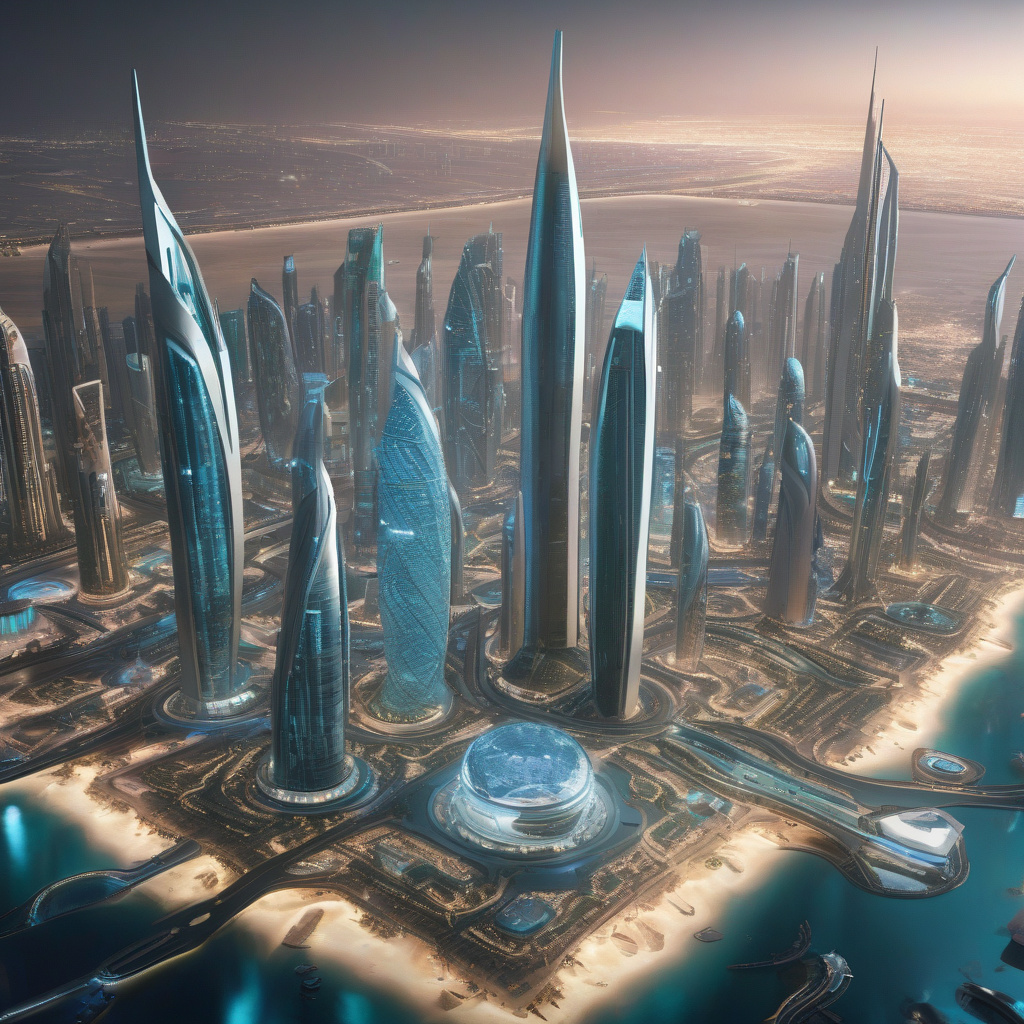Diplo Explores AI and Diplomacy in the Gulf
Regional dialogues in the Gulf region are paving the way for a unique intersection between artificial intelligence (AI) and diplomacy. As the world becomes increasingly interconnected, the integration of AI into diplomatic practices is becoming more prevalent, offering new pathways for weaving cultural traditions into the global conversation on how technology should influence diplomacy and governance.
The Gulf region, known for its rich cultural heritage and rapid technological advancements, has emerged as a hub for exploring the synergies between AI and diplomacy. Countries in the Gulf, such as the United Arab Emirates and Saudi Arabia, have been proactive in leveraging AI to enhance their diplomatic efforts and foster international relations.
One of the key drivers behind this trend is the recognition that AI has the potential to revolutionize traditional diplomatic practices by offering new tools for analysis, decision-making, and communication. By harnessing the power of AI, diplomats in the Gulf region can gain deeper insights into complex geopolitical issues, identify emerging trends, and predict potential outcomes with greater accuracy.
Moreover, the integration of AI in diplomacy allows for more efficient information processing and knowledge management, enabling diplomats to stay informed in real-time and respond swiftly to evolving situations. AI-powered technologies, such as natural language processing and sentiment analysis, can help diplomats analyze public opinion, media coverage, and social media trends to better understand the sentiments of foreign populations and tailor their communication strategies accordingly.
Furthermore, AI can facilitate cross-cultural communication and bridge linguistic barriers, thereby fostering greater understanding and collaboration between nations with diverse cultural backgrounds. By using AI-powered translation tools and cross-cultural communication platforms, diplomats in the Gulf region can engage with their counterparts from around the world more effectively and build stronger relationships based on mutual respect and understanding.
In addition to enhancing traditional diplomatic practices, AI also has the potential to shape governance and policymaking in the Gulf region. By leveraging AI for data analysis, predictive modeling, and policy simulation, governments in the Gulf can make more informed decisions, optimize public services, and improve the overall quality of governance.
For example, AI can be used to analyze large datasets to identify patterns and trends that can inform policy formulation and resource allocation. By harnessing the power of AI, governments in the Gulf region can address complex societal challenges, such as healthcare, education, and urban planning, with greater precision and effectiveness.
Overall, the exploration of AI in diplomacy and governance in the Gulf region represents a significant step towards embracing the opportunities presented by technology to enhance international cooperation, cultural exchange, and global governance. By integrating AI into diplomatic practices, countries in the Gulf can navigate the complexities of the modern world more effectively and contribute to shaping a more interconnected and prosperous future for all.
#AI, #Diplomacy, #GulfRegion, #Technology, #InternationalRelations
